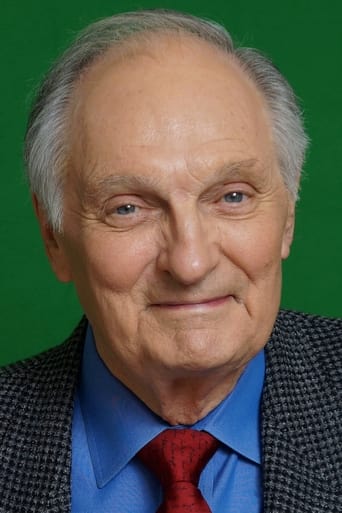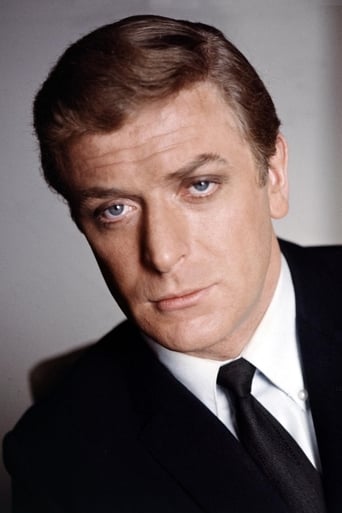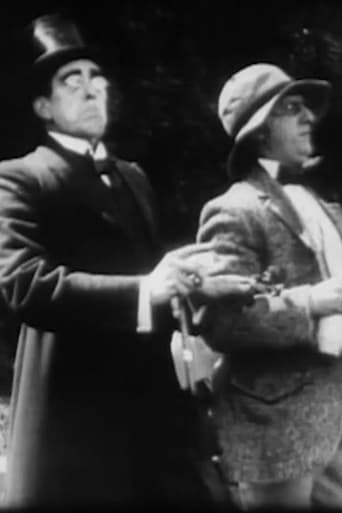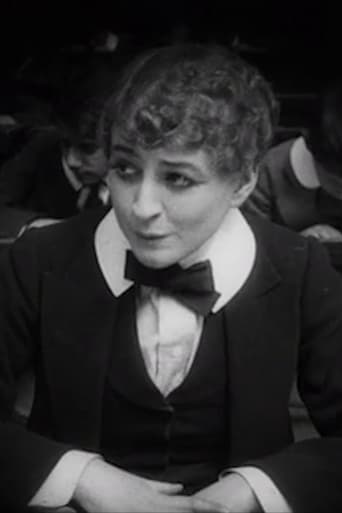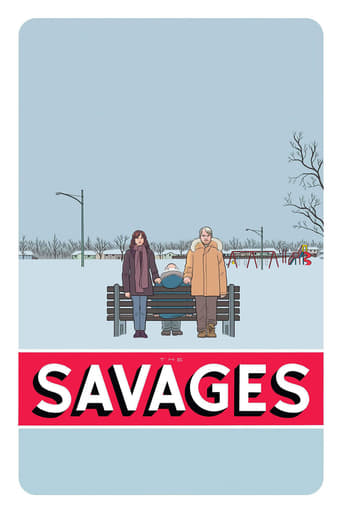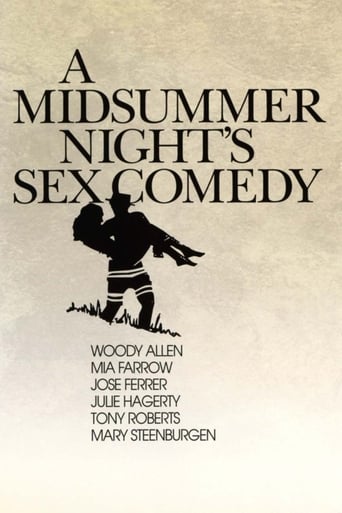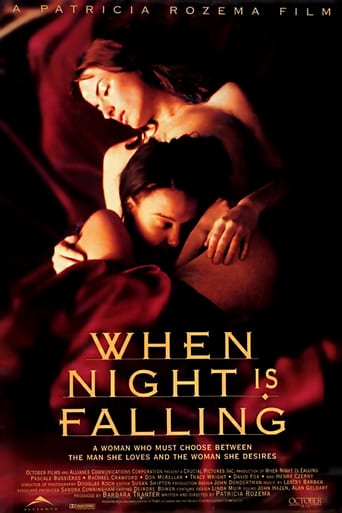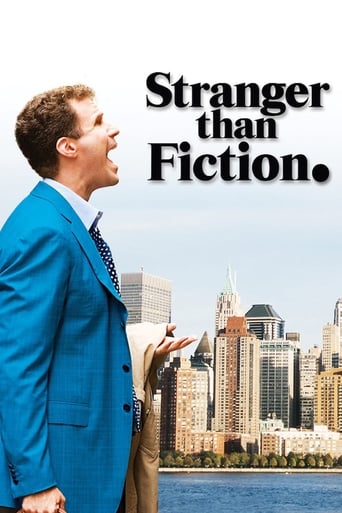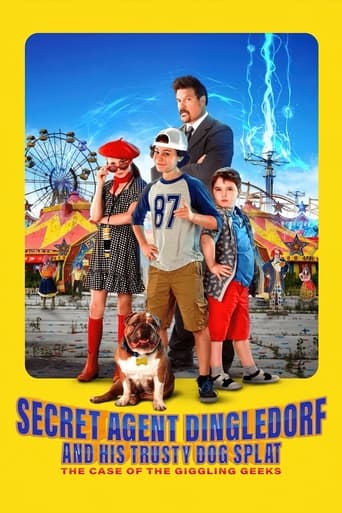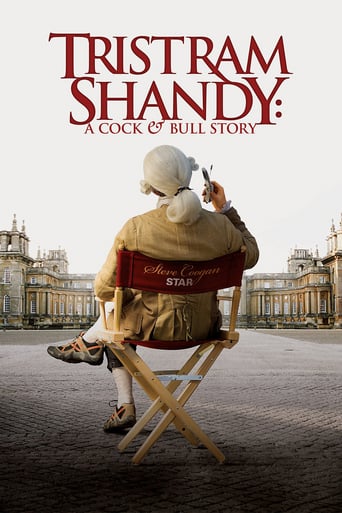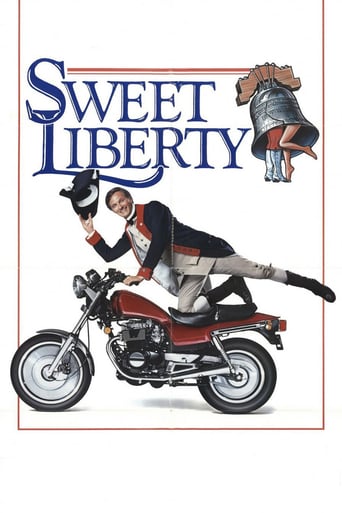
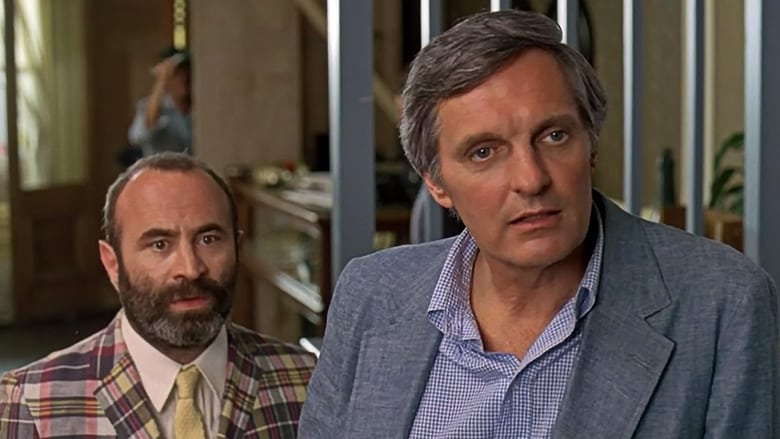
Sweet Liberty (1986)
Michael has written a schollarly book on the revolutionary war. He has sold the film rights. The arrival of the film crew seriously disrupts him as actors want to change their characters, directors want to re-stage battles, and he becomes very infatuated with Faith who will play the female lead in the movie. At the same time, he is fighting with his crazy mother who thinks the Devil lives in her kitchen, and his girlfriend who is talking about commitment.
Watch Trailer
Cast
Similar titles
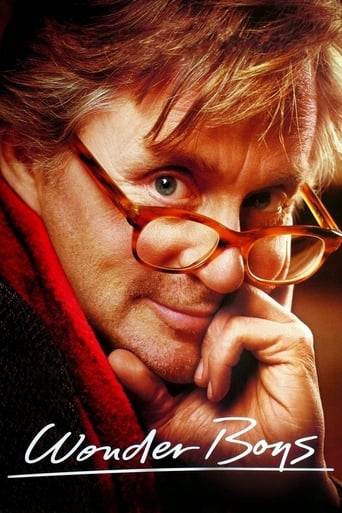
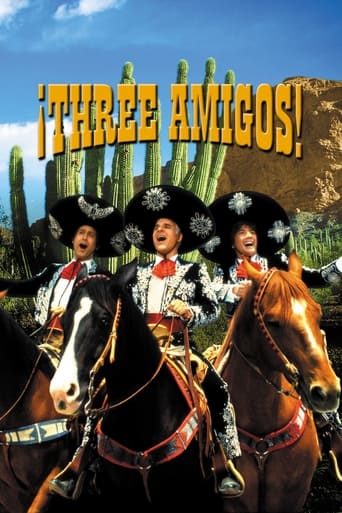
Reviews
It's no definitive masterpiece but it's damn close.
When a movie has you begging for it to end not even half way through it's pure crap. We've all seen this movie and this characters millions of times, nothing new in it. Don't waste your time.
Ok... Let's be honest. It cannot be the best movie but is quite enjoyable. The movie has the potential to develop a great plot for future movies
Through painfully honest and emotional moments, the movie becomes irresistibly relatable
I had hoped to like this film a bit more than I did, and I certainly expected to laugh more. Sweet Liberty is an Alan Alda project through and through. In it, he plays a history professor whose historical novel is going to be made into a movie during one crazy summer in the little college town. Everyone is excited about the upcoming shoot, but Alda's excitement turns to disgust once the cast and crew arrive. He finally gets a look at the script and finds out that the movie will be sort of a sex comedy with little regard for historical accuracy. Alda then sets out with the screenwriter to try and convince the actors and director to film his own version. While all of this is going on, we sit through several arguments about Alda's relationship status with his girlfriend. We are also treated to the eccentricities of Alda's ancient mother played by legendary actress Lillian Gish. Overall, there is just too much going on, and the film never quite sustains any comedic momentum.The film has some genuine strengths. The cast is an eclectic bunch of old stars, new faces, and genial nobodies. Alda and Michael Caine basically play themselves and do a very good job. Michelle Pfeiffer is not only beautiful as hell, but she also gives a strong early performance as the lead actress. Bob Hoskins' character is well-written, but he plays the man in too shrill of a manner to be taken seriously. His screenwriter character has some wonderful points to make about using flattery to get the attention of the actors and director if you want them to change what they are doing. But he is just so hyper that you cringe whenever you hear his voice. Saul Rubinek is good as the hotshot, pompous young director who is only out to show the audience three things: People defying authority, destruction of property, and people taking off their clothing. That's what industry research shows that younger audiences want, he informs Alda more than once.There are other problems besides the annoying Hoskins character. I'm sure it would seem desirable for an icon like Lillian Gish to be included in just about any film at that time. However, her character and scenes are just not needed and end up being more of a distraction than anything else. Alda and his girlfriend have about the same argument at least half a dozen times. Another scene looks like it will give a huge laugh payoff, but it falls flat. In it, a group of stunt men are in a bar with some of the local re-creators of the Battle of Cowpens who will also be used as extras in the film. The stunt men are trying to tell the amateurs how to fall in the battle scene. One of the stunt men breaks out one of those harnesses that people use to get pulled backwards through doorways in bar fight scenes. And you think you are going to see one of the amateurs get unknowingly hooked up to it and taken for the ride of his life. But alas, they apparently thought it would be funnier for the guy just to fall down on his back like an idiot. Another missed opportunity! 5 of 10 stars.The Hound.
This is one of the funniest movies that utilized the irony between truth and fiction through the eternal clash between history and art, to present an enjoyable comedy which mocks at both !Look at the movie's point of view out of its own cosmos : history is unknown, since nobody reads in the image's age. Cinema is just a lie to make a thrilling time, whether history is damaged or not; to create the artistic "lying" version of it! Movie stars are sick people after that creative lying sneaked into them, from their work to their daily behaviors, to become whether unfaithful to their wives (Michael Caine), or at least schizophrenic (Michelle Pefiffer). The director is a cat's-paw in the hands of giant studio that wants nothing but money and down with the credibility. So, the writer becomes the last man standing, or the last honorable worrier for the truth; which turns him into the enemy. Consequently, he finds that the only heroic solution is to deal randomly and impudently, like all the others, to achieve just one thing he believes in, by the way he exactly wants. To grow eventually – despite all of his pure idealistic principles – into one of the liars, and a shield in the machine of cinema (not history !) as the last shot reveals to us sarcastically; where (Alan Alda) listens to the TV reporter and her question about "the secret of his movie's success" to find no answer but smiling with vanity, or as a ridicule of everything !This movie is hilarious, however so believable. The performance was flawless. In fact, the whole cast was great to an extent where you feel how this is not acting at all ! The comedy is ironic and thoughtful in the same time, because of that top notch script by (Alan Alda) which was genius with some talented details : The short storyline of the old mother and her needing of lying to be happy, the big climax to achieve one victory by "the historical truth" side, and to embody the real conflict of the movie through a wonderful droll battle, not to mention small moments but so rich; like the scene of (Michael Caine) and his story about meeting (Winston Churchill); it could say a lot about the effect of WW2 on a character as disordered as his, however leaving the story as it is (true or false) is one wicked wink to us about the meaning of the movie, and its main irony.Finally, did (Alda) mean that illusion is the (Sweet Liberty) from all the annoying facts that we live in our lives ? Or that truth nowadays is the (Sweet Liberty) from all the lies that we sunk under them ? Whatever the answer is, asking the question proves how (Alda) is an intelligent movie-maker, and how he managed to make profound and entertaining comedy. Actually, it's wholly rare plus interesting for me as a scriptwriter myself and a previous student of history too.
Alan Alda plays an historian who has written about an historical character. When his book is made into a film, the character he feels he knows so well is brought to life by an actress. The history he knows so well is translated into an "historical" film, with the fact gradually draining away. The film gently, lyrically plays on the interface between reality and fantasy.An irony is that in "Sweet Liberty" Michael Caine plays an actor who plays a character based on Banastre Tarleton, a British commander of Tory troops in America during the Revolution. In 2000, the German director Roland Emmerich made a film called Patriot in which Jason Isaacs plays a character based on Banastre Tarleton. In the Emmerich film, the fact has drained away and the British commit atrocities more appropriate to Germans in the Second World War.
Michael, a history teacher in a small East Coast town, has written a scholarly book about the American Revolution. Hollywood has decided to turn it into a movie, and cast and crew are descending on Michael's hometown to shoot the location scenes. The author gets a shock when he sees how is work is being revamped for the big screen. Alan Alda wrote, directed and stars in this good-natured romantic comedy. We are in classic Alda terrain here, the unspectacular small-detail world of domestic discord and couples who feel compelled to analyse their love lives. "You buy dishes together," ventures Michael, "and you invite people over. Then you talk about them in the bathroom while you're brushing your teeth." This is the microsmic universe that Alda loves to explore. Michael has three problems, all linked, which are currently exasperating him. Firstly, his aged mother (Lillian Gish) is very dotty and in need of care, something she steadfastly refuses to accept. Secondly, his lover Gretchen (Lise Hilboldt) won't cohabit unless he marries her. Thirdly, the Hollywood company which has come out east to make the film has desecrated his work by turning it into a lightweight (and historically worthless) love story. "I just wrote the book from which the movie has NOT been taken," fumes Michael. Faith Healey (Michelle Pfeiffer) is a method actress and a very big star. When in costume she is in character, even to the point of talking in 'colonial' English offscreen. Michael and Faith become romantically entangled, until Michael realises his mistake. There is no person at the core of the actress - just a creature voracious for the period detail that only Michael can supply. She was playing the part of a lover in order to draw from him what she needed. Elliott James is selfish and shallow, but incredibly charming and enormous fun to be around. A leading man who cares nothing for films, or even other people, he lives his life as one long party. Michael Caine parodies himself, and in the process turns in a commendable performance as the eternal matinee idol. Alda can certainly write. His dialogue always flows beautifully, and his understated characters are utterly believable. When Michael's 'authentic' 18th-century dialogue is spoken, the venerable cadences are gorgeous. Essentially, the film is about the artifice of movie-making. "Who really knows what happened a coupla hundred years ago?" asks the director (Saul Rubinek). The issue is, how far should film-makers go in disregarding historical truth in order to obtain audience approval? Films are, of necessity, separate and distinct from their source material - but in the trade-off between authenticity and popularity, where is the balance to be struck? A New England community such as this one is fiercely proud of its heritage, and indeed very knowledgeable about it. The guys who stage War of Independence re-enactments know in minute detail about the manoeuvres, skirmishes, equipment and ammunition which constituted real events and which form their living culture. It is an affront to these people for ignorant West Coasters to play fast and loose with their sacred lore. In a film about the artifice of film, Alda makes intelligent use of cinema tricks and conventions. Elliott insists on doing his own stunt work - and yet for his triumphant fall into the pond, Michael Caine is doubled by a stunt man. The blizzard scene is shot in glorious New England sunshine. The steadycam revolve shot which marks the romantic climax of the 'film' film is repeated at the romantic climax of 'our' film. With delicious malice, Alda satirises the internal dynamics of cast and crew. Bob Hoskins is the writer with no brains and no class who helps Michael understand the power struggles within the movie's little community, and how best to exploit these envies and vanities in order to get what he wants. Sword fencing is a subtle metaphorical strain running through the film. When we see Michael and Gretchen fencing in the opening scene, the play-fight represents the involvement and the conflict inherent in their relationship. The 'audience' of fencing masks on the wall stands for the public attention to which they will shortly be exposed. Newly-arrived film crew members unload Scottish broadswords, showing from the outset that there will be brash disregard for authenticity. Elliott and Michael sublimate their clash of wills in a protracted sword duel. We are told (and shown) that teenage cinema audiences expect three things in a movie: defiance of authority, destruction of property, and nudity. Alda's film complies with the formula, but also intelligently undermines it. Gretchen's quiet jealousy is excellent, as is Michael's stiff back, expressing vehement disapproval without moving a muscle. A film can stimulate eye, ear and intellect: it doesn't have to follow shallow formulae. If the action climax is a little too smug and convenient, Alda can be forgiven. He is making smart, literate films for grown-ups. Long may he continue.
